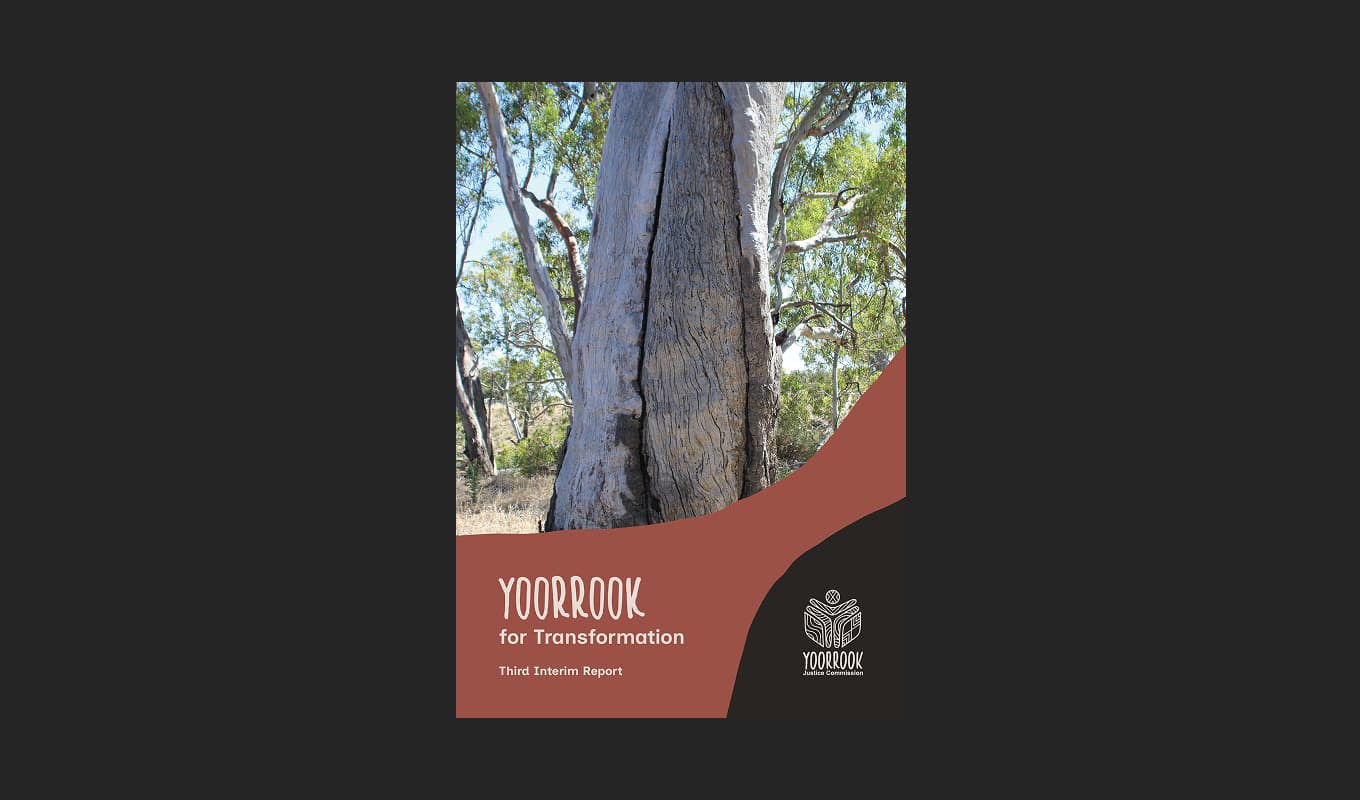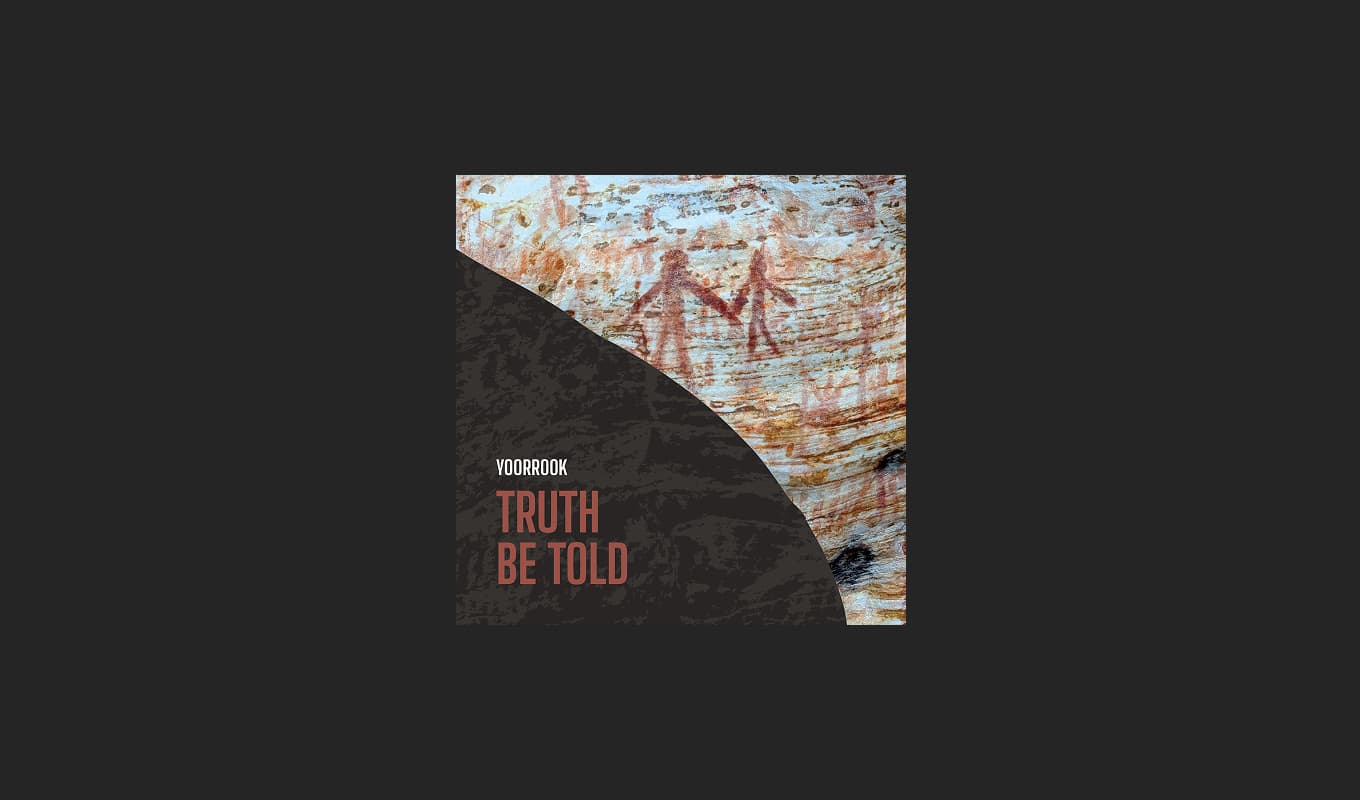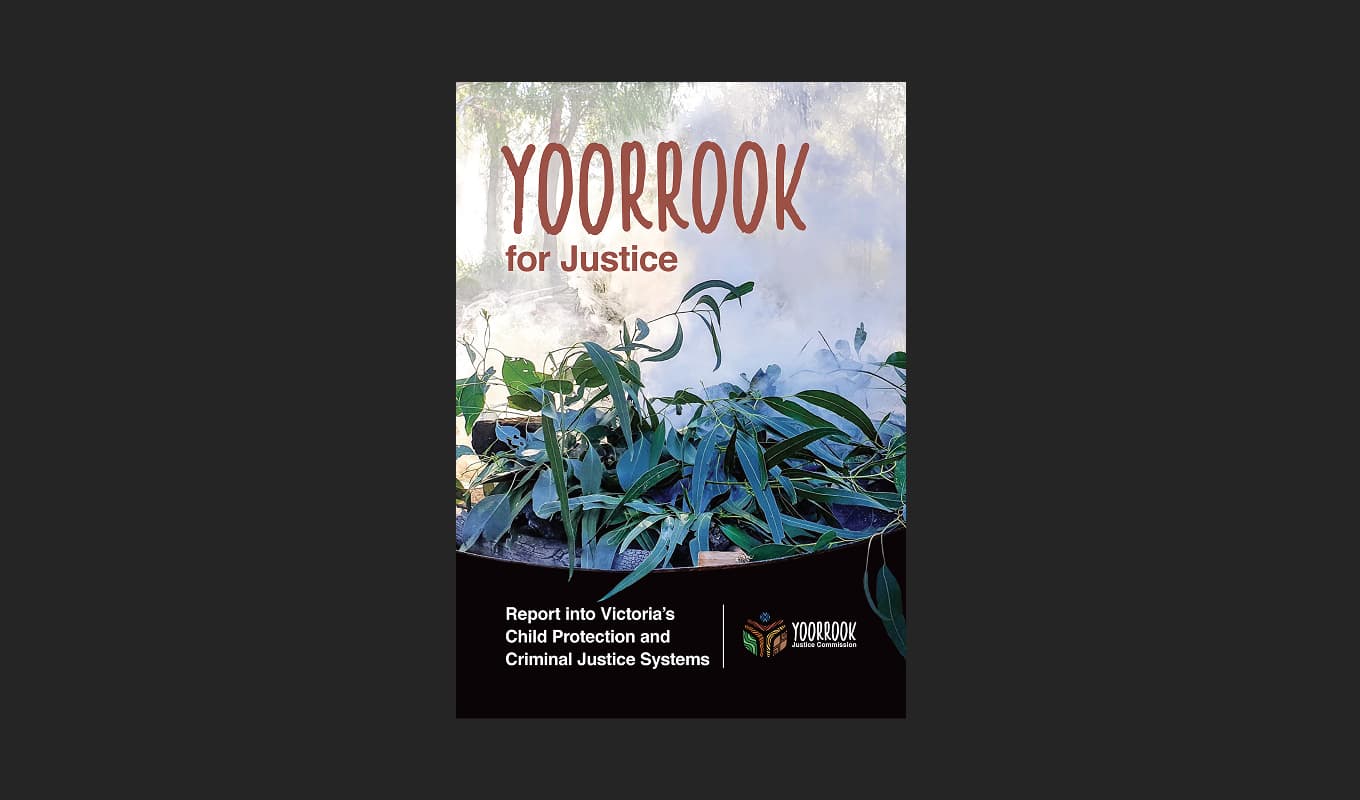Sally Warmington
Sally Warmington highlights the devastating and ongoing impacts of colonisation on First Peoples, criticising the lack of comprehensive education on First Nations history. She advocates for using local language place names, meaningful acknowledgements, and education developed with First Nations people. She urges non-First Nations Victorians to become well-informed, take an anti-racist stance, and support truth-telling and treaty processes.
Submission Transcription
I know that the colonisation of Victoria had a devastating effect on First Peoples which continues today through intergenerational disadvantage and trauma. The ways in which colonisation affected First Peoples included dispossession and exclusion from Country, preventing the hunting and harvesting of traditional food sources and damaging land and waterways; discrimination and exclusion from decisions affecting their lives and active violence including massacres and the introduction of diseases. I am aware that as a descendant of European colonisers I have inherited advantages and that my privilege is built upon the suffering of the traditional custodians of the land on which I live.
I attended school between 1962 and 1973 and I have no knowledge of being taught anything about First Nations history and culture. Any depictions of First Nations people would probably have been simplistic stereotypes. My education began when I vitiated the Kimberley in WA in the 1970s where my sister was working as a nurse in remote communities there.
Increased use of local language place names alongside English names helps remind us whose country we are on. Genuine and meaningful acknowledgement of Country at events and invitation to elders to give Welcome to Country and acknowledging that it is appropriate for elders who give welcomes to charge accordingly for the service. Education at all levels to include knowledge about our shared history including the most painful events, developed in consultation with and where possible delivered in association with First Nations people of the area.
Non-First Nations Victorians can try to become well informed about the history and to acknowledge how their privilege is related to First Nations People’s’ disadvantage. Researching their own family history to pick up issues where their ancestors’ actions may have impacted First Peoples. Actively taking an ant-racist position wherever the opportunity arises. Keeping informed about the process of truth-telling and contributing where possible. Keeping abreast of treaty negotiations and plans and having conversations with others where appropriate.
Non-First Nations Victorians can try to become well informed about the history and to acknowledge how their privilege is related to First Nations People’s’ disadvantage. Researching their own family history to pick up issues where their ancestors’ actions may have impacted First Peoples. Actively taking an ant-racist position wherever the opportunity arises. Keeping informed about the process of truth-telling and contributing where possible. Keeping abreast of treaty negotiations and plans and having conversations with others where appropriate.
Truth-teller consent
Contact us about this submission
Contact us if you’d like to discuss this submission.
Similar submissions
Explore submissions from other witnesses that discuss similar topics.
Mary Hassall
This submission is from Mary Hassall, a descendant of James Hassall, after whom the Hassall creek on Gunditj Country is named. It discusses her resear... more
Viki Sinclair (Fowler)
Viki Sinclair is a direct descendant of one of the original settlers of Gippsland, Colin McLaren. In this submission, she tells her personal story of... more
Gayle Carr
Gayle Carr makes this submission on behalf of herself, Kathryn Williamson and the late Diana Halmarick. It outlines the range of historic reference ma... more
Gerard Finnigan
Gerard Finnigan is a non-Aboriginal person who grew up on Gunditjmara Country and has been mentored by and worked with First Peoples throughout his li... more
Reports and Recommendations
Read the official reports and recommendations of the Yoorrook Justice Commission.

Yoorrook for Transformation
Third Interim Report: A five-volume comprehensive reform report presenting evidence and findings on systemic injustices, and specific recommendations for meaningful change to transform the future.

Truth Be Told
An official public record that documents First Peoples experiences since colonisation, preserves crucial testimonies for future generations and creates an enduring resource for education and understanding.

Recommendations for change
Yoorrook Justice Commission’s recommendations for truth-telling, justice, and systemic reform in Victoria.
